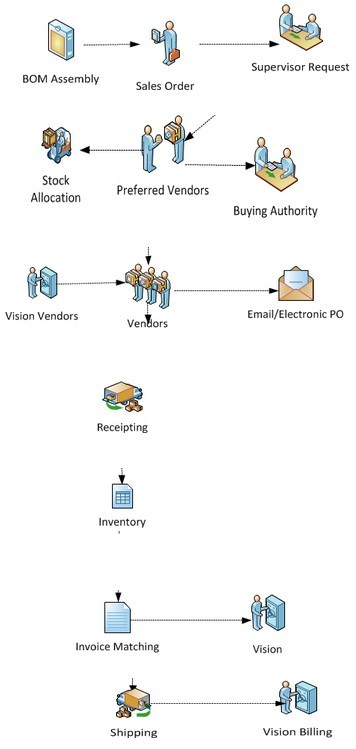Equipment and Maintenance case study

Education – research loan equipment case study
Our customer is a world class university providing research facilities. They required a system allowing them to control the short term loan of specialist research equipment. FMIS provided a full asset tracking and loan service using the Equipment and Maintenance module within FMIS. The key requirements of the system included rapid access to any equipment item available within a particular date range and that loans could be pre-booked within a key calendar view, which has been configured around the equipment specifications.
Researcher request equipment
All students have access to the system through fixed assets integration with Active Directory. Every student who is part of the research group can make a request for equipment. Using the extensive search capabilities the equipment is booked to the loan diary/calendar.
Equipment issue
A full history and extensive set of attributes are held for each piece of equipment. The equipment items can be allocated in advance for as many potential researchers as possible. Equipment is formally issued to a researcher and a full audit trail is maintained.
Active alerting
Students are reminded by email of the exact return dates. The system equipment managers are regularly alerted to those pieces of equipment not returning within agreed time spans, this can be via email or by workflow alerts.
Damages
Any malfunction or failure in the use of the equipment can be recorded and the correct remedial action routed through work orders. The issues can be raised as part of the Research Portal.
Equipment and inventory
A full history is maintained for the complete life-cycle of each piece of equipment. Replacement planning and total cost of ownership can now be managed with ease.
Transfers and physical Audits
Equipment can be transferred between different departments and owning groups. A full audit can be conducted using barcode scanning facilities.
Utilisation and reporting
A number of additional reports were added to the standard product incorporating the feedback from the customer.







